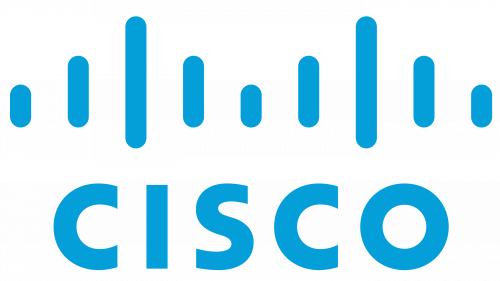LeadersIm Community
Elevate Your Career with LeadersIm!
Join Leaders.IM – the vibrant community for young professionals. Connect with peers, share experiences, and collaborate on projects to accelerate your career growth. Leaders.IM offers networking opportunities, mentorship programs, and resources tailored to the needs of ambitious youth. Engage in local events, skill-building workshops, and discussions to stay ahead in your professional journey. Become a part of Leaders.IM today and unlock your potential within a supportive and dynamic community.
Join local / global LeadersIm events
Connect with LeadersIm peers
Engage and Grow through LeadersIm opportunities
Join Our Movement:
Connect, Collaborate, and Catalyze Change
Employers
Want to support your talent pool? Quickly find and share internal knowledge with Private Q&A
Professionals
Questions about your career? Join the conversation, gain insights, and make informed decisions
Partners
Partner with us to reach a wider audience, offer expertise, and craft experiences that leave a lasting impact




















 Dojo Suggestion
Dojo Suggestion



Or